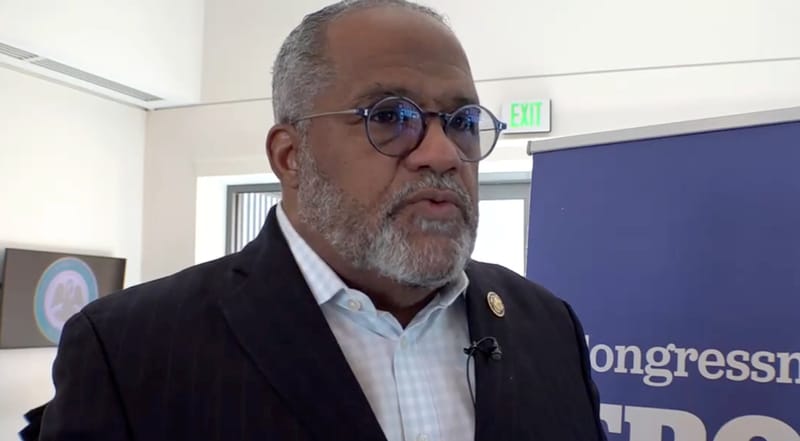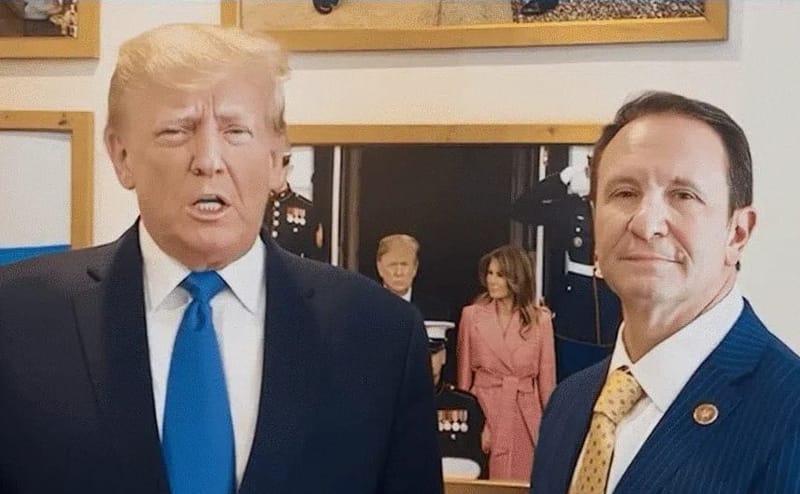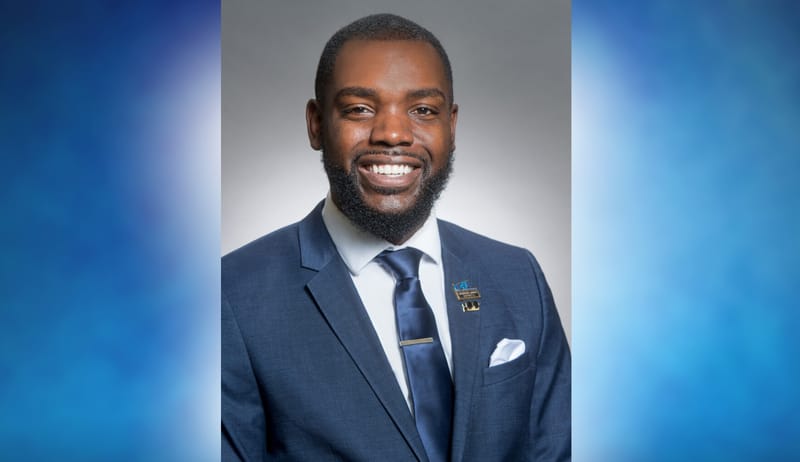Louisiana Ethics Board Delays Public Disclosure of Governor's Staff Financial Records
Louisiana law mandates Tier 1 disclosure forms, which include home addresses, for high-ranking officials like the governor’s staff.
For seven months, the Louisiana Board of Ethics withheld financial disclosure forms for five senior members of Governor Jeff Landry's staff, despite state laws requiring their public availability. The forms, meant to ensure transparency and deter corruption, were due May 15 but only appeared on the ethics board's website in December.
The delayed forms included disclosures for Chief of Staff Kyle Ruckert, Policy Director Millard Mulé, General Counsel Angelique Freel, Deputy Chief of Staff Andrée Miller, and Legislative Director Lance Maxwell. Elise Cazes, Chief of Staff to First Lady Sharon Landry, also had her forms withheld, though she was not legally required to submit them.
Personal financial disclosure forms reveal officials’ income sources, spouses' employment, investments, property ownership, and charitable affiliations. Public access to these documents aims to ensure accountability and prevent conflicts of interest.
The forms were initially hidden after Landry’s office raised security concerns over requiring staff home addresses. Special Counsel Emily Andrews argued that employees should not risk personal safety for public transparency. The ethics board delayed posting the forms until addresses were redacted, a step taken following a November board meeting.
Louisiana law mandates Tier 1 disclosure forms, which include home addresses, for high-ranking officials like the governor’s staff. While most state employees file less stringent forms, the Legislature expanded Tier 1 requirements in 2008 during a push for greater government accountability.
Attorney General Liz Murrill issued a legal opinion supporting redaction, citing privacy protections in the Louisiana Constitution. However, transparency advocates argue that such changes should be legislated, not unilaterally implemented by the ethics board.
The ethics board ultimately posted the redacted forms in December, shortly after inquiries from a journalist spotlighted the missing documents.







